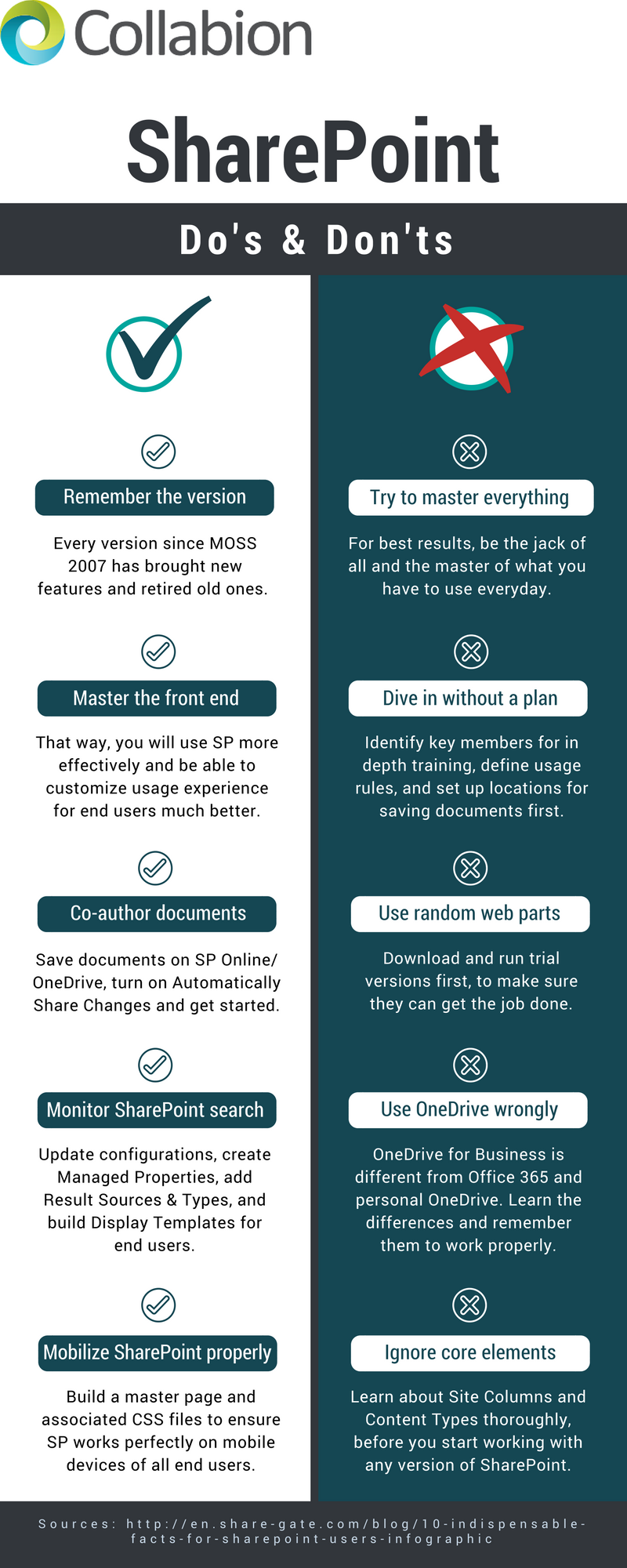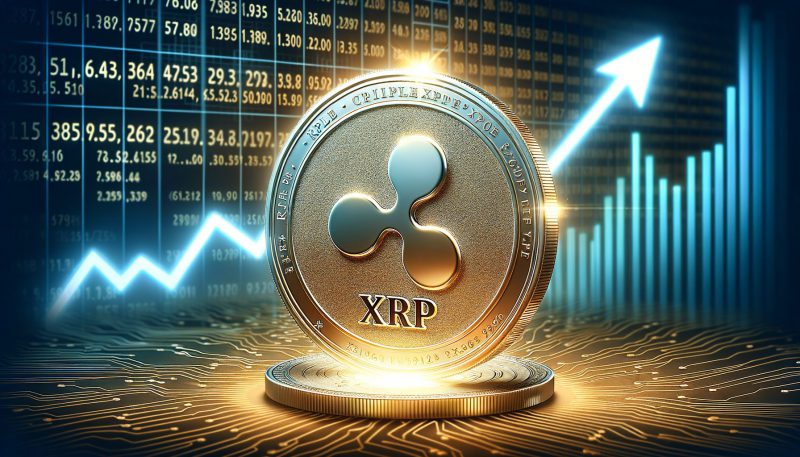Target's Controversial DEI Decision: Consumer Reaction And Market Impact

Table of Contents
The Nature of Target's Controversial DEI Initiatives
Specific Products and Marketing Campaigns
Target's controversy stemmed primarily from its collaboration with LGBTQIA+-themed apparel designer, Abprallen, and the subsequent release of a Pride-themed collection featuring clothing items for children. These products, prominently showcasing LGBTQIA+ symbols and messaging, ignited a strong negative response from a segment of Target's consumer base.
- Key features leading to negative reactions: The inclusion of designs featuring overtly sexualized imagery perceived as inappropriate for children, and the use of messaging viewed by some as promoting a specific LGBTQIA+ agenda.
- Target demographic(s) and backlash: While the Pride collection targeted the LGBTQIA+ community and its allies, it inadvertently alienated a significant portion of Target's traditionally conservative customer base, leading to widespread criticism and boycotts. Images of the controversial items circulated widely on social media, fueling the controversy.
Target's Public Response and Communication Strategy
Target's initial response to the backlash was met with mixed reactions. While the company initially remained relatively quiet, later statements attempted to address the concerns, focusing on inclusivity and supporting the LGBTQIA+ community.
- Key statements released by Target: Statements emphasized Target's commitment to inclusivity and diversity, while also acknowledging the concerns raised by some customers. However, the messaging lacked a clear and decisive strategy to directly address the specific concerns regarding the products themselves.
- Effectiveness of communication: Target's communication strategy proved largely ineffective in de-escalating the situation. The perceived lack of a direct response and apology regarding the controversial merchandise only amplified the negative sentiment.
Consumer Reaction and Backlash Analysis
Social Media Sentiment and Online Discussions
Social media platforms became battlegrounds for intense discussions surrounding Target's DEI initiative. The hashtag #BoycottTarget trended heavily, with users expressing outrage, disappointment, and even threats of boycotts.
- Key sentiments expressed: A significant portion of the online conversation was overwhelmingly negative, characterized by anger, disapproval, and accusations of "woke capitalism." However, there were also counter-narratives supporting Target's decision and emphasizing the importance of inclusivity.
- Social media engagement data: The number of tweets, posts, and shares related to #BoycottTarget and related hashtags reached millions, illustrating the widespread nature of the controversy.
Boycotts and Consumer Actions
The online outrage translated into tangible boycotts. Numerous consumers pledged to avoid Target stores, resulting in a noticeable decline in foot traffic and sales, especially in certain regions.
- Examples of boycotts and consumer actions: Many consumers shared pictures of empty shopping carts and vowed to shop at competing retailers. Organized boycotts were also promoted through social media and conservative news outlets.
- Data on boycott extent: While precise sales figures reflecting the impact of boycotts were not immediately released by Target, reports suggested a decline in sales and a negative impact on stock prices, directly correlating with the controversy.
Media Coverage and Public Perception
Media coverage of Target's DEI decision was heavily polarized. Conservative media outlets largely condemned the initiative, framing it as an example of "woke" corporate overreach, while liberal outlets defended Target's commitment to inclusivity.
- Summary of media coverage: News articles and opinion pieces varied widely in their tone and perspective, further contributing to the highly divisive nature of the controversy.
- Tone and framing of media coverage: The contrasting narratives in media coverage solidified the existing political and cultural divides, contributing to the intensification of the backlash.
Market Impact and Financial Implications
Stock Price Fluctuations
Target's stock price experienced a noticeable dip following the eruption of the controversy. While the decline was not solely attributable to the DEI initiative, it undoubtedly contributed to investor uncertainty.
- Changes in stock prices: Charts and graphs would visually demonstrate the correlation between the negative media coverage and consumer backlash and the corresponding decrease in Target's stock price.
- Potential long-term financial impact: The long-term financial impact remains to be seen, but the controversy has raised concerns about potential long-term damage to Target's brand reputation and investor confidence.
Sales Figures and Revenue Impact
The impact on Target's sales figures remains a subject of ongoing analysis. While precise data is not yet publicly available, reports indicate a decline in sales, particularly for certain product lines.
- Impact on product lines and revenue streams: Sales of the Pride collection itself might have increased among its target demographic, but the overall impact on total sales suggests a net negative effect, outweighing positive sales from the LGBTQIA+ community.
- Data illustrating financial implications: A quantitative analysis revealing the percentage drop in sales across different product categories would provide a clearer picture of the financial implications.
Brand Reputation and Long-Term Consequences
The controversy has undeniably tarnished Target's brand image, particularly among a segment of its customer base. The long-term effects on brand reputation and consumer loyalty are still unfolding.
- Potential long-term consequences: Target risks losing the trust and loyalty of a significant portion of its conservative customer base, which could have long-term repercussions for its sales and market share.
- Strategies for repairing the brand image: To recover, Target needs to implement a comprehensive communication strategy that acknowledges the concerns of its alienated customers without sacrificing its commitment to diversity and inclusion. This might involve more nuanced product selection and clearer messaging.
Conclusion: Assessing the Long-Term Impact of Target's DEI Decision
Target's DEI decision highlights the complex challenges businesses face when navigating social and political issues. The consumer backlash demonstrates the delicate balance between corporate social responsibility and maintaining a broad customer base. While the immediate financial implications are becoming clear, the long-term effects on Target's brand reputation and market position remain to be seen. The controversy underscores the need for careful consideration and strategic communication when implementing DEI initiatives. We encourage readers to share their thoughts on Target's DEI decision and its impact, further fueling the ongoing conversation about "Target's DEI Decision" and its implications for businesses. Further research into Target's evolving strategies and the broader societal discussion around DEI and corporate social responsibility is crucial for understanding the long-term ramifications of this event.

Featured Posts
-
 Navigate The Private Credit Job Market 5 Dos And 5 Don Ts
May 01, 2025
Navigate The Private Credit Job Market 5 Dos And 5 Don Ts
May 01, 2025 -
 Canada Election Results Poilievres Conservative Loss Analyzed
May 01, 2025
Canada Election Results Poilievres Conservative Loss Analyzed
May 01, 2025 -
 Xrp Ripple Price Below 3 Should You Invest Right Now
May 01, 2025
Xrp Ripple Price Below 3 Should You Invest Right Now
May 01, 2025 -
 Review Kamala Harris Unscripted Remarks At Broadways Louis Armstrong Show
May 01, 2025
Review Kamala Harris Unscripted Remarks At Broadways Louis Armstrong Show
May 01, 2025 -
 The Economic Fallout Of River Road Construction On Louisville Restaurants
May 01, 2025
The Economic Fallout Of River Road Construction On Louisville Restaurants
May 01, 2025
